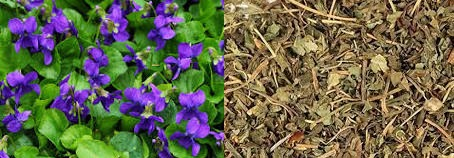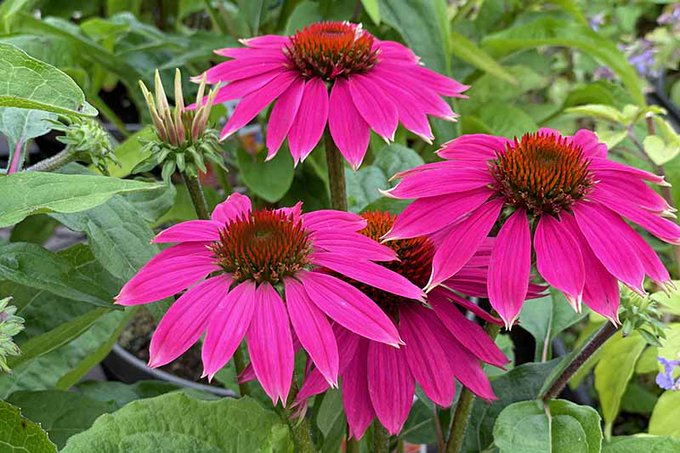Flowers: The small, greenish-yellow flowers bloom in summer, often attracting pollinators like bees.
Fruit: The fruit is small, round to oval, and can be green, yellow, or brown when ripe. They are sweet and can be eaten fresh or dried.
Cultivation
Climate: Jujubes thrive in warm climates and are drought-tolerant once established. They prefer full sun and well-drained soil.
Propagation: They can be propagated from seeds, cuttings, or grafting.
Care: Regular watering is important during the first few years. Pruning helps maintain shape and encourage fruiting.
Culinary: Jujube fruits can be eaten raw, dried, or used in desserts and herbal teas. They are often used in traditional medicine.
Medicinal: In traditional medicine, jujubes are believed to have various health benefits, including calming effects and boosting immunity.
Pests and Diseases
Jujube trees are relatively pest-resistant, but they can be affected by certain diseases and pests like aphids, scale, and root rot.
Harvesting
Fruits are typically harvested in late summer to early fall when they reach their full size and color. Dried jujubes can be stored for long periods.



















